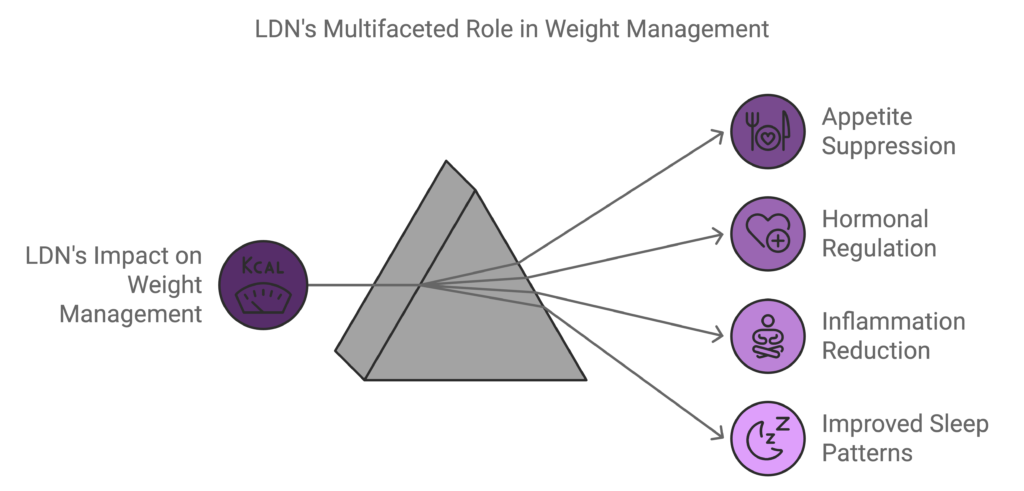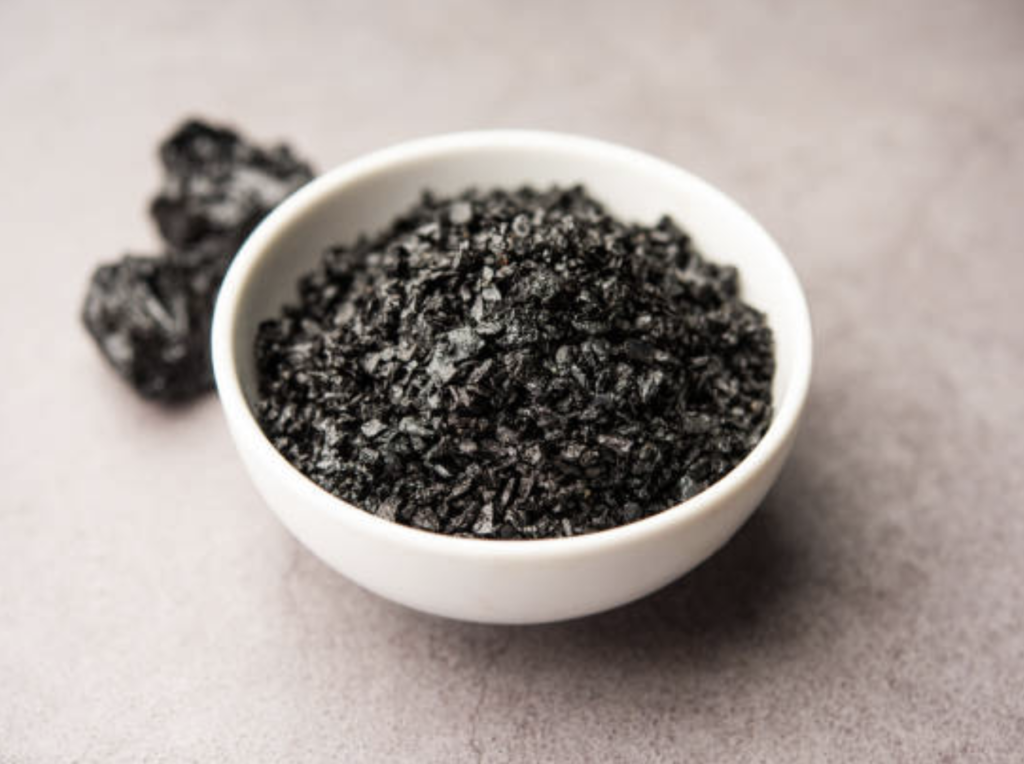Why LDN for Weight Loss Is Gaining Popularity: A Complete Guide
Low-dose naltrexone (LDN) has emerged as a promising aid for weight loss, gaining attention for its potential benefits in regulating appetite, metabolism, and addressing underlying health conditions. This guide explores the role of LDN in weight loss, including its mechanism, benefits, dosage recommendations, and results.

What is Low-Dose Naltrexone (LDN)?
Naltrexone is a medication initially approved by the FDA to treat opioid and alcohol dependence. In lower doses, typically between 0.5 mg and 4.5 mg, it offers unique therapeutic benefits that extend beyond addiction treatment. The off-label use of LDN has been studied for conditions such as autoimmune disorders, chronic pain, and now weight loss.
Unlike its standard dosage, LDN operates differently in the body, focusing on modulating the immune system and balancing hormones. This makes it particularly useful for addressing metabolic imbalances linked to obesity and weight gain.
How Does LDN Work for Weight Loss?

LDN’s effectiveness in weight loss lies in its ability to influence appetite, cravings, and the body’s metabolic processes. Here’s how:
- Appetite Suppression
LDN interacts with opioid receptors in the brain, temporarily blocking them. This action can reduce cravings for unhealthy foods and suppress appetite, making it easier to stick to a calorie-controlled diet. - Hormonal Regulation
LDN has been found to modulate the release of endorphins, which influence mood and emotional eating. Additionally, it can balance hormones such as insulin, contributing to better glucose control and reduced fat storage. - Inflammation Reduction
Chronic inflammation is a significant factor in obesity and related conditions. LDN’s ability to reduce inflammation supports improved metabolic health and fat loss. - Improved Sleep Patterns
Sleep plays a crucial role in weight management. LDN may help improve sleep quality, indirectly supporting weight loss by regulating hunger hormones such as ghrelin and leptin.
LDN Benefits for Weight Loss
Low-Dose Naltrexone offers several potential benefits for individuals struggling with weight loss:
- Reduced Emotional Eating: By balancing endorphins, LDN can mitigate stress-related cravings.
- Metabolic Boost: Enhances the body’s ability to process and utilize energy efficiently.
- Support for PCOS and Insulin Resistance: LDN is particularly helpful for individuals with polycystic ovary syndrome (PCOS) or insulin resistance, conditions often linked to weight gain.
- Sustainable Weight Loss: Encourages gradual, healthy weight loss without drastic measures.
- Reduced Inflammation: Combats chronic inflammation, which can hinder weight loss progress.
LDN Dosage for Weight Loss
Determining the right dosage is essential for achieving the best results with LDN. While dosages can vary based on individual needs, most practitioners recommend starting with a low dose and gradually increasing it.
Common Dosage Guidelines
- Initial Dose: 0.5 mg to 1.5 mg per day
- Maintenance Dose: 2 mg to 4.5 mg per day
- Timing: LDN is typically taken at night to align with the body’s natural endorphin production cycle.
LDN and Weight Loss Units
Some patients prefer dosing in micrograms (mcg) to tailor the treatment more precisely. For example, starting with 500 mcg and increasing incrementally allows for a personalized approach, minimizing side effects.
Important Note: Always consult a healthcare provider before starting Low-Dose Naltrexone, as they can recommend the best dosage based on your medical history and weight loss goals.
Comparing LDN to Other Weight Loss Medications
When considering LDN, it’s helpful to understand how it compares to other weight loss treatments, such as:
- GLP-1 Receptor Agonists (e.g., Ozempic, Mounjaro):
While GLP-1 medications focus on insulin regulation and appetite suppression, LDN offers broader benefits by targeting inflammation and mood stabilization. - Phentermine:
Unlike phentermine, which is a stimulant, LDN is non-addictive and generally has fewer side effects. - Over-the-Counter Supplements:
LDN provides more robust and scientifically backed results compared to supplements like green tea extract or Garcinia cambogia.
Frequently Asked Questions About LDN and Weight Loss
1. How long does it take to see results with LDN?
Results vary by individual, but many users report noticeable changes in appetite and weight within the first four to six weeks of consistent use.
2. Are there any side effects of LDN?
LDN is generally well-tolerated, with minimal side effects. Some individuals may experience mild sleep disturbances or vivid dreams initially, but these usually subside over time.
3. Can LDN be combined with other weight loss methods?
Yes, it can complement other weight loss strategies such as diet, exercise, and medications. However, it’s essential to consult a healthcare provider to avoid interactions.
4. Is LDN safe for everyone?
LDN is safe for most individuals but may not be suitable for pregnant women, those with liver conditions, or individuals on certain medications. Always seek medical advice before starting treatment.
LDN and Weight Loss Success Stories
While research is still evolving, anecdotal evidence from users highlights LDN’s effectiveness. Many individuals report reduced cravings, better energy levels, and steady weight loss when combined with a healthy lifestyle.
LDN for Weight Loss: A Personalized Approach
LDN is not a one-size-fits-all solution, but its versatility makes it an attractive option for individuals struggling with weight loss. Whether you’re managing conditions like PCOS, battling emotional eating, or looking for a safe alternative to conventional medications, LDN could offer the support you need.
Final Thoughts
Low-dose naltrexone represents a promising frontier in weight loss treatment, particularly for those dealing with underlying metabolic or hormonal challenges. By addressing appetite, inflammation, and emotional eating, LDN provides a holistic approach to sustainable weight management.
As with any weight loss strategy, LDN works best when combined with a balanced diet, regular exercise, and professional guidance. If you’re considering LDN, consult a qualified healthcare provider to create a plan tailored to your needs. LDN can work alongside other PCOS-related therapies — explore them here.
Learn how Inositol for weight loss can complement your weight loss journey.


